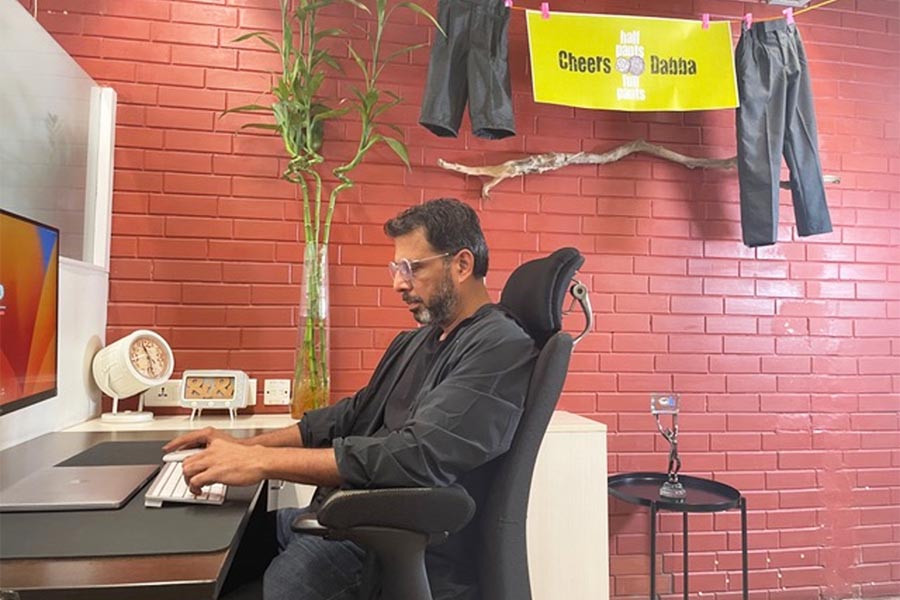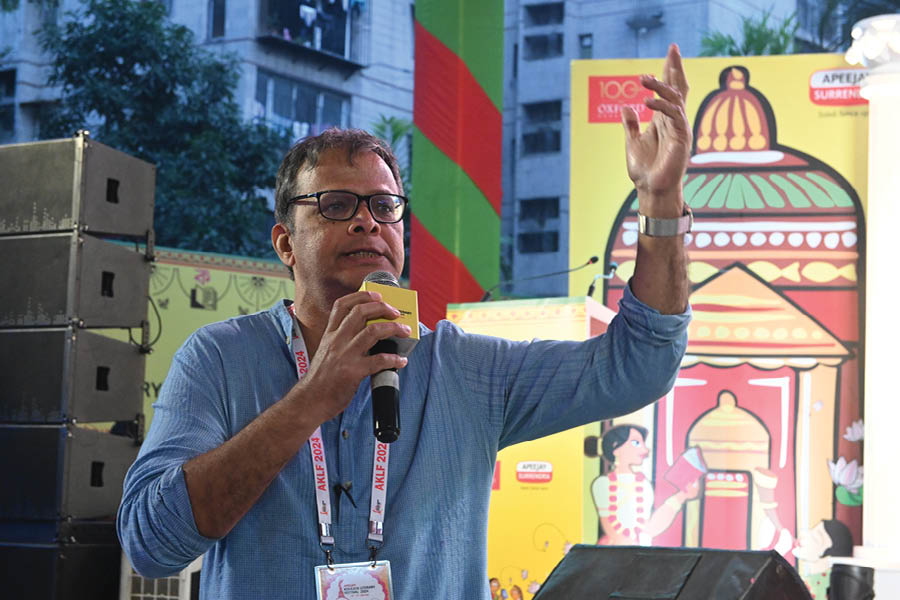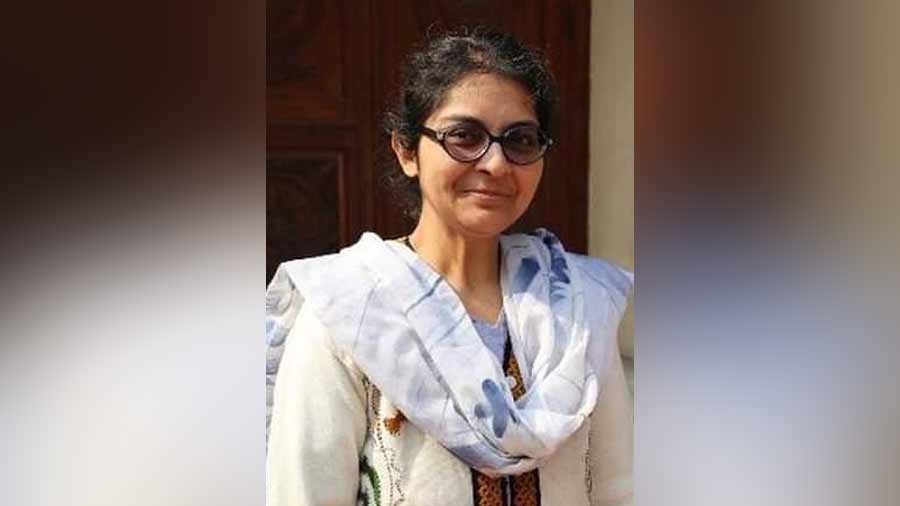It is an open secret that most copywriters aspire to write books. But very few actually do, let alone write a debut novel that gets converted into a TV series. Anand Suspi, advertising veteran-turned-author, shot to popularity when his first book, Half Pants Full Pants (2016), was given a life on screen by Prime Video. Suspi’s autobiographical tale, replete with refreshing yet relatable humour, took five years to go from a germ of an idea to digital drama. But Suspi, who was the creative head of Lowe Lintas before co-founding a boutique advertising agency called And And Brand Partners, was never going to be a one-story wonder.
“It’s an ode to reading — the habit, the joy and the magic of it” is how Suspi describes his second book, The Bookseller of Mogga (Clever Fox Publishing), which came out this May. Set in the 1970s in the small, fictional town of Mogga in south India, it is the story of a boy who grows up surrounded by 30,000 books. Subtle, sincere and tinged with the kind of melancholic innocence that is gradually becoming Suspi’s trademark, The Bookseller of Mogga is also a tribute to the minds whose words have shaped Suspi’s own — from Mark Twain to PG Wodehouse, from Enid Blyton to RK Narayan.
‘The travails and tortures of being a writer’
“I grew up in the ’80s in Shimoga (Shivamogga), a very small town in Karnataka. There wasn’t a reading culture in my family. In class seven, I got my hands on a Secret Seven novel, and I was hooked!” recollects Suspi, whose serene voice feels naturally reflective. Suspi admits that there’s a “lot of me” in Cylinder, the presumptive protagonist of Mogga. Several characters in Mogga remain unnamed, including the family members of one Begur, whom Suspi describes as ‘mental’. But characterisation, quirky and impressive as it is in Mogga, isn’t what defines the book.
In fact, it’s hard to understand the larger purpose of Mogga on a first reading. It takes a second, more observant and patient exploration to make sense of its meta meaning. “The book, in many ways, talks about the travails and tortures of being a writer,” notes Suspi, who understands the contours of the reader-writer relationship and the complications that come with it. Suspi takes one of the adages of authorship — if it wasn’t hard to write, it won’t be easy to read — and applies it to every page, crafting his sentences with the dedication of a watchmaker.
‘I write just so I know that I can write’
“The screen has never enthused me, it’s always been the page,” reveals Suspi, which comes as a surprise for someone who has made hundreds of ad films, many of them under the guidance of R. Balki. According to Suspi, the fundamentals of writing ads and books are the same — integrating a story with its characters and making it as interesting as possible. But the biggest difference lies in “scale and focus”. “When you’re churning out 30-second ads, your thought process is completely different as compared to when you’re writing a book,” clarifies Suspi, who once sat down to write a full page of text to challenge himself to describe a setting and a character, to prove (to himself) that he could write more than ad copies. The success of that challenge proved to be the genesis of the author in Suspi, who realised that the technique and the temperament required for long-form writing had not eluded him.
“A lot of my friends and colleagues in the advertising world have gone on to become screenwriters, because that comes more easily to them. I don’t think many of them have taken to writing books,” says Suspi, a wistful smile appearing on his face, the kind a Test batter might relate to in an age of relentless T20 cricket. “My thinking, to a very large extent, is rooted in my growing-up years and the town life that I have led,” continues Suspi, slowly circling back to Mogga. “That is my world, that is my universe. That’s where I see things clearly.”
Initially, these words feel like a pre-emptive defence of the autobiographical aspects of Mogga, with Half Pants Full Pants having been a veiled autobiography, too. But Suspi believes that while Mogga has “the heart of the first book, its mind and body are significantly different”. A big part of this “mind and body” is the essence of literature — what it is and what it should do. But while his writing provokes grand questions, Suspi isn’t governed by grand motivations. Moments before he leaves the video call, he reiterates his reason for writing: “I don’t write to be successful or find recognition. I write just so I know that I can write.”












